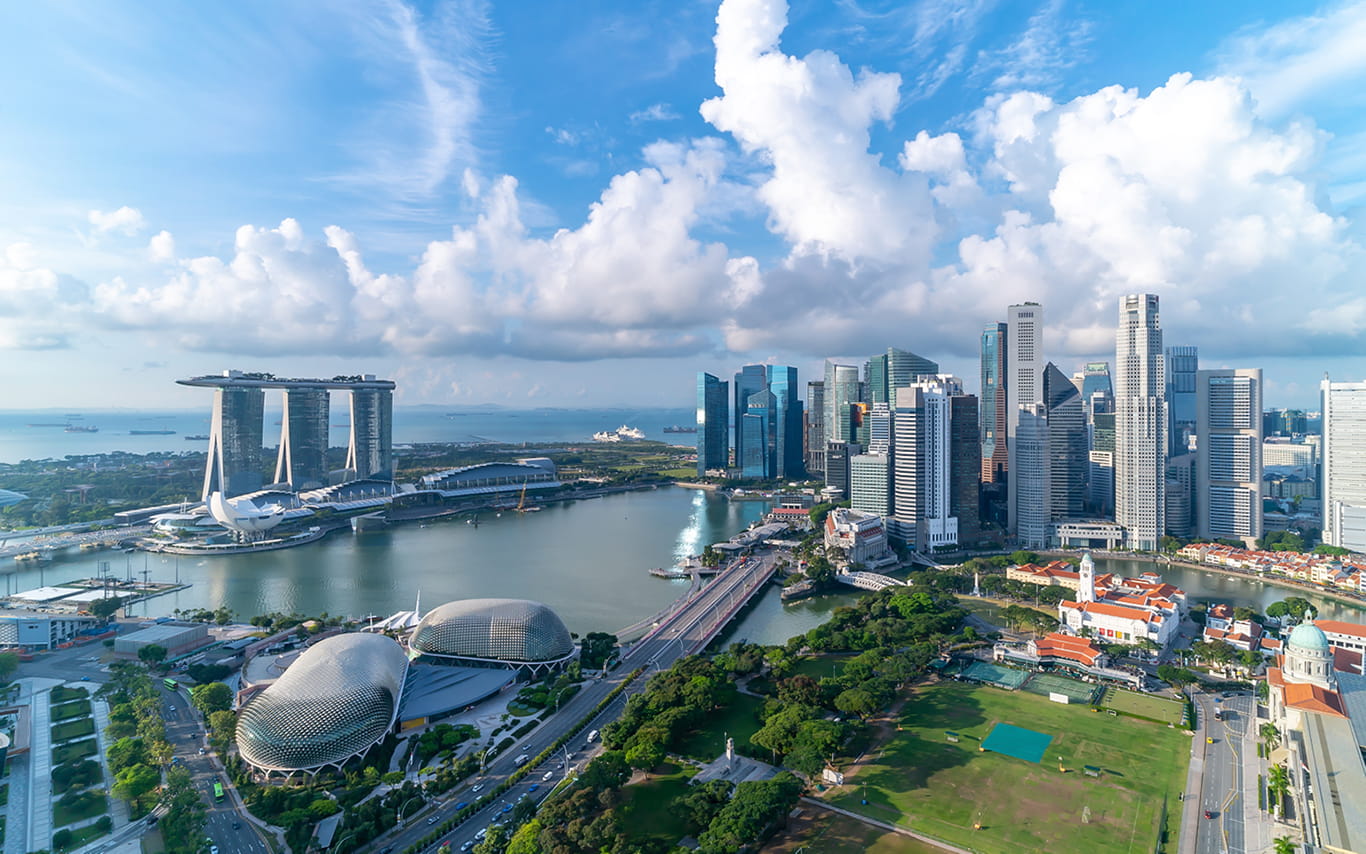The Singapore government claims that the bill prohibits foreign influence campaigns, but critics argue that the measures could be used to suppress dissent
Despite criticism that officials could exploit the new powers to stifle dissent, Singapore lawmakers approved a bill that targets foreign influence efforts by granting the government unprecedented powers over online material. Proponents claim the bill, which was enacted late Monday and awaits the president’s signature, will prevent foreigners and their local proxies from interfering in Singapore’s affairs via social media and messaging applications. Opponents argued it could just as easily empower the Southeast Asian nation’s government, which has been dominated by a single party since independence, to silence opponents, stop their funding, and eavesdrop on their online activities.
Following examples like Russia’s meddling in the 2016 US presidential election, countries throughout the world are debating how to prevent foreign governments from interfering on the internet. In a parliamentary debate on Monday, Law and Home Affairs Minister remarked, “The internet has provided a potent new medium for subversion.” “Countries are working to develop offensive and defence capabilities that are equal to or more powerful than their land, air, and naval forces.”
The Foreign Interference (Countermeasures) Act will grant the Singapore Home Affairs Ministry unprecedented powers against social media corporations and other web content hosts. The government has the power to require corporations to hand over user information, restrict content deemed to pose a security risk, and uninstall apps. People and corporations could be designated as “politically significant persons” by the ministry, which would then be required to report and possibly give up foreign money. Mr. Shanmugam, Singapore’s Law and Home Affairs Minister, mentioned the instance of Huang Jing, a Chinese-American academic who was ejected from the country in 2017 following charges that he colluded with foreign intelligence agents to influence government officials. The government of Singapore did not say whose country he was suspected of assisting. After a 10-hour debate, the ruling party was able to overcome opposition legislators’ objections thanks to its majority in Parliament.


























